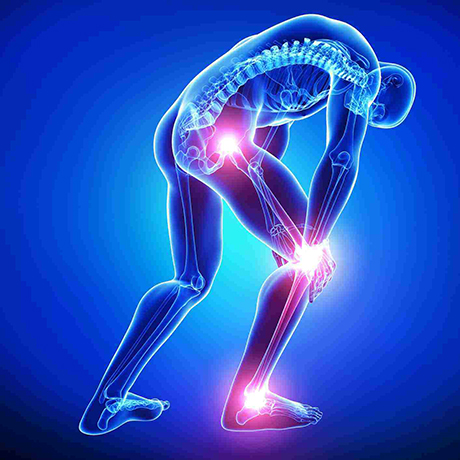Enabling Clients Through Social Assistance in Pulmonary Rehabilitation Programs.
Wiki Article
Cardiopulmonary rehab initiatives are created to assist patients with cardiac and pulmonary conditions enhance their health and quality of living. These programs commonly consist of physical exercise, instruction about heart and lung health, and assistance for making lifestyle changes. However, one crucial element that is sometimes overlooked is the importance of emotional support. Emotional assistance refers to the psychological and community assistance that individuals receive during their rehabilitation journey. This support can empower individuals, enhance their confidence, and help them manage the obstacles that come with chronic health conditions.

Patients in cardiac and pulmonary rehabilitation often face various emotional and psychological challenges. Emotions of nervousness, depression, and isolation can be prevalent. These emotions may stem from the pressure of confronting with a significant health condition or the fear of upcoming health problems. Psychosocial support can aid address these feelings by offering patients with a secure environment to discuss about their concerns and connect with peers who understand what they are going through. Group therapy sessions and one-on-one counseling can be beneficial ways to promote this assistance. By interacting with professionals and others, patients can learn adaptation strategies and discover support from peers who share similar experiences.
Integrating psychosocial support into cardiac and pulmonary rehabilitation programs can lead to better medical outcomes for patients. Research indicate that when patients receive psychosocial assistance, they are more likely to stick to their recovery plans, follow to treatment, and implement necessary lifestyle changes. This engagement can lead to enhanced physical well-being, reduced admissions, and an overall improved standard of life. Assistance teams can foster inspiration and accountability, helping individuals stay committed to their rehabilitation goals. This collaborative method highlights the importance of considering both physical and psychological health in the rehabilitation journey.
Educators and medical providers play a crucial part in offering emotional assistance within these initiatives. They can assist individuals comprehend the importance of mental well-being in their rehabilitation process. By establishing an environment of compassion and support, medical providers can encourage open dialogue about feelings and concerns. Training staff in communication skills and psychosocial support techniques can improve the overall patient experience. Moreover, incorporating education about anxiety reduction, relaxation see here now methods, and positive coping approaches can empower individuals to assume an proactive part in their emotional well-being.
To summarize, empowering individuals through emotional support in cardiac and pulmonary rehabilitation programs is crucial try this web-site for encouraging holistic rehabilitation. By recognizing the psychological and community aspects of healing, healthcare providers can create a more supportive environment that meets the requirements of the whole individual. Patients who receive this holistic care are more apt to attain their well-being objectives and improve their overall quality of living. The inclusion of emotional support into rehabilitation programs not only enhances the patient experience but also contributes to improved sustained medical outcomes.